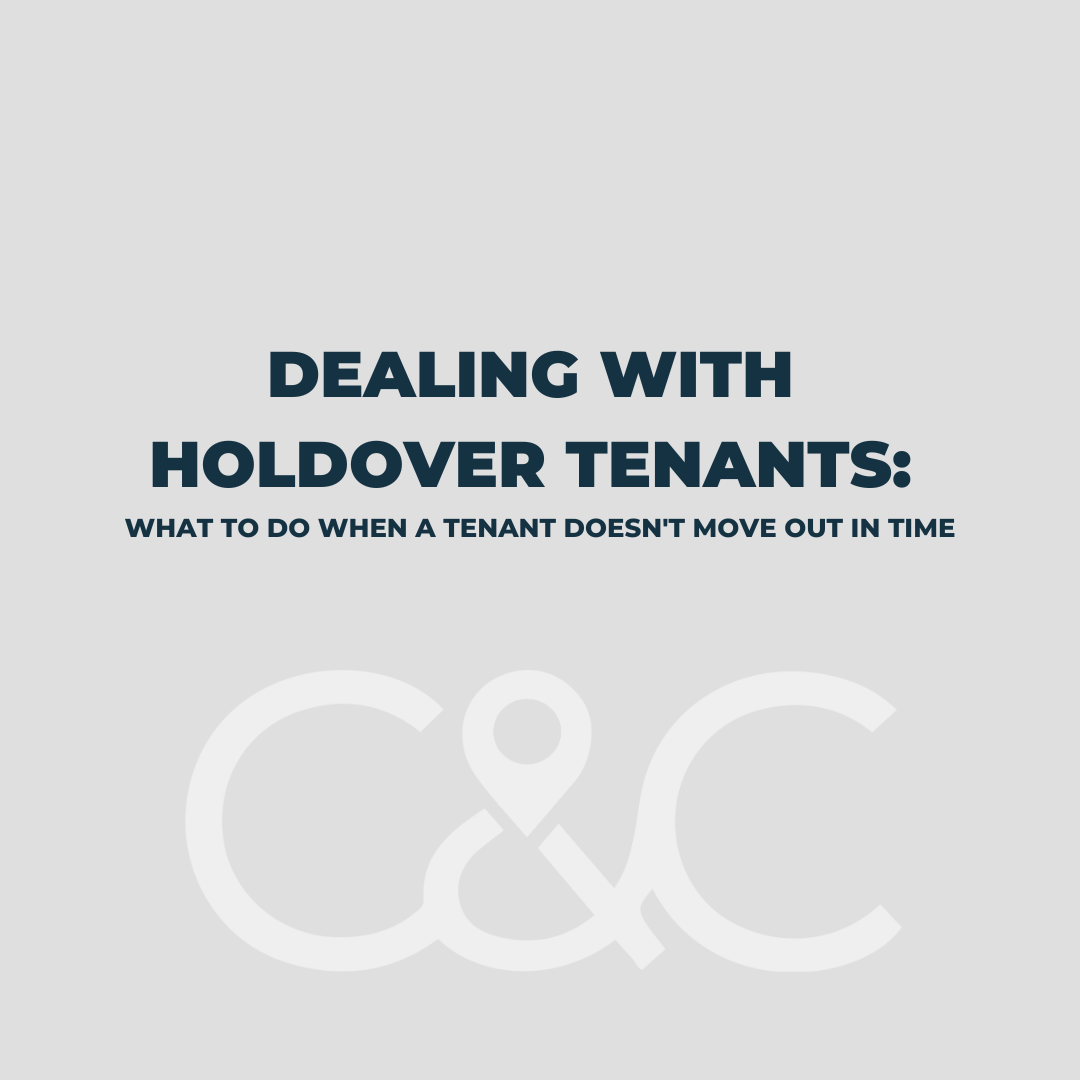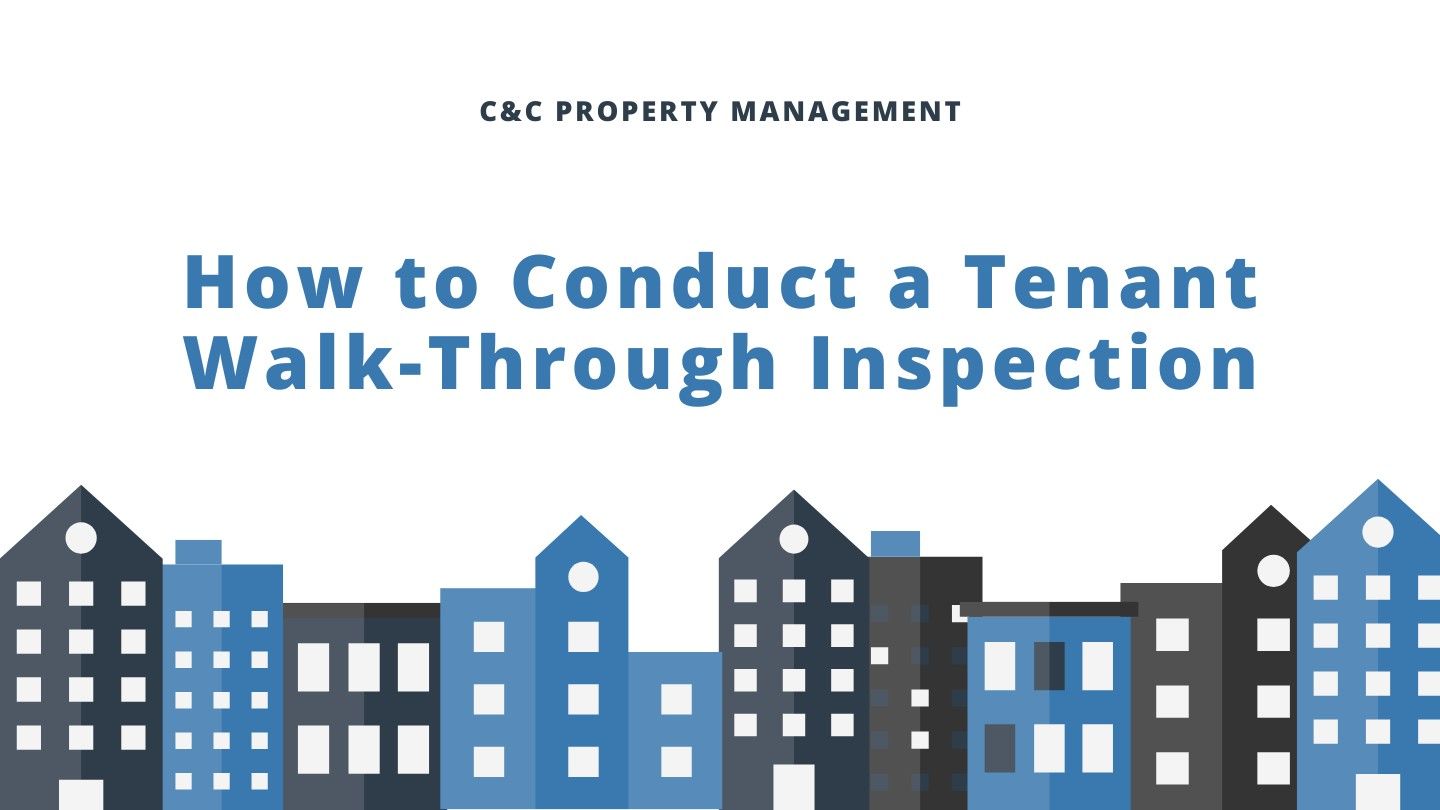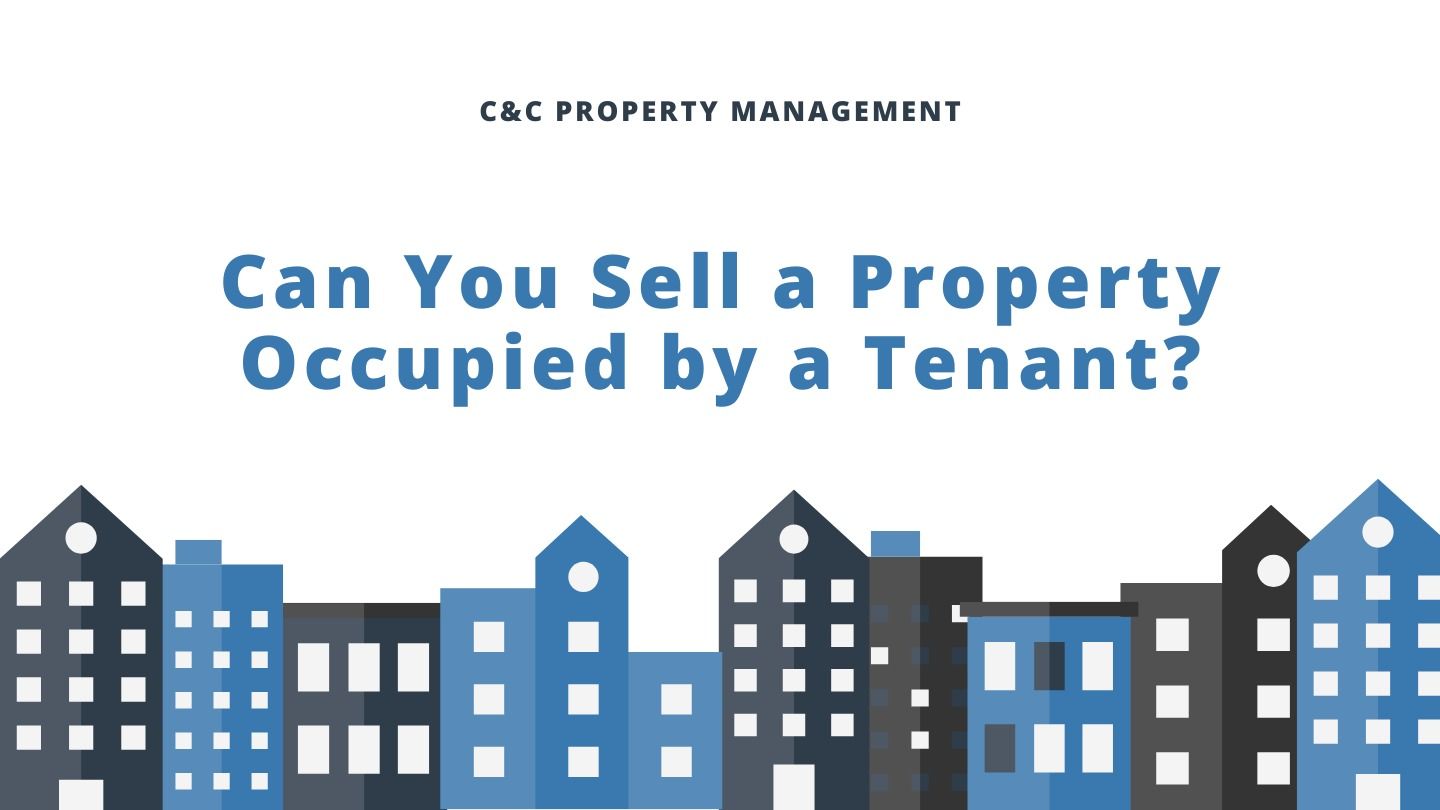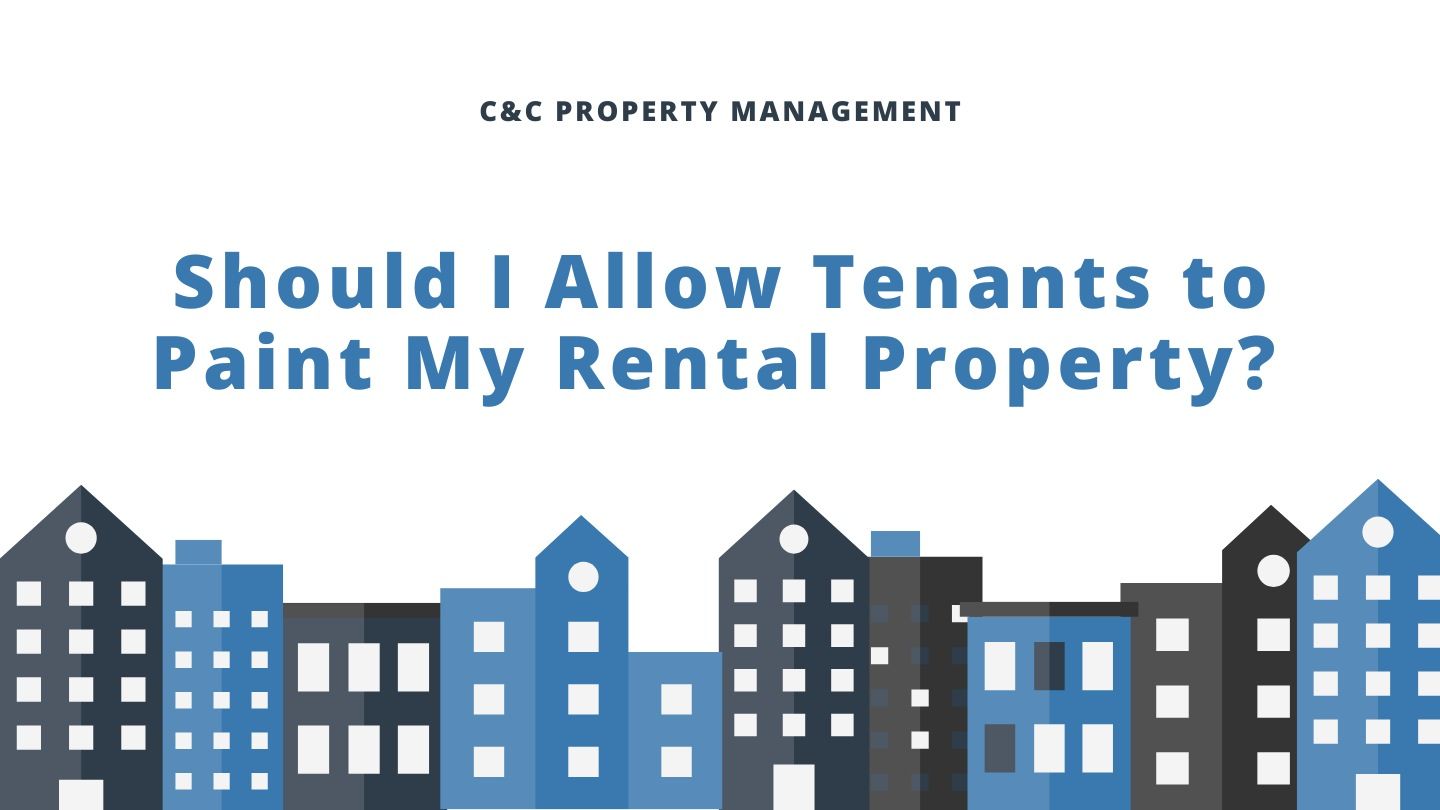Dealing with Holdover Tenants: What to Do When a Tenant Doesn't Move Out in Time
As a landlord, one of the most challenging situations you may encounter is when a tenant fails to vacate the rental property on time after the lease expires.

This scenario, known as a holdover tenant, can create legal complexities and financial strains for property owners. While eviction may seem like the only option, it is an expensive and time-consuming process with no guarantee of recovering unpaid rent. In this article, we will explore alternative approaches to handle holdover tenants and provide insights into the legal considerations and best practices when faced with this issue.
Understanding Holdover Tenancies:
A holdover tenant is a renter who continues to occupy a rental property after the lease has expired without the landlord's permission. If you accept rent payments from the tenant after the lease expiry date, an informal lease agreement is established, subject to state and local laws. This arrangement may grant certain rights to the tenant, making it challenging for landlords to take immediate action.
How Long Can a Tenant Stay After the Lease Expires?
The duration a tenant can stay after the lease expires depends on various factors. Accepting rent payments can establish a month-to-month lease agreement, governed by state and local laws, which typically require a 30 to 60-day notice to vacate the property. However, it is important to note that holdover tenancies are generally not in a landlord's best interest, as they often grant tenants more rights and fewer responsibilities.
Types of Holdover Tenancies:
- Tenancy at Sufferance: In this scenario, the tenant remains on the property without the landlord's permission after the lease expires. To end this type of tenancy, a formal eviction process is usually required, and the tenant must still comply with the lease terms.
- Tenancy at Will: When a landlord decides not to renew the lease but allows the tenant to stay, it creates a tenancy at will. This informal agreement can be terminated by either party by providing proper notice. However, it is crucial to remember that landlord-tenant laws still apply, even without a formal agreement.
Reasons Tenants Don't Move Out on Time:
Understanding the reasons why tenants may choose to stay beyond the lease expiry date can help landlords address the issue proactively. Some common reasons include a need for assistance in finding a new place or contesting an eviction notice. Open and clear communication with tenants, along with well-defined lease agreements, can help mitigate the chances of holdover tenancies.
Steps to Remove a Holdover Tenant:
When faced with a holdover tenant, landlords should consider the following steps:
- Clear Communication: Initiate a conversation with the tenant, explaining the lease terms, the notice provided, and the violation of staying beyond the lease expiry date. In some cases, tenants may comply and leave voluntarily.
- Cash for Keys: Offer a "cash for keys" arrangement, where the landlord provides a sum of money to the tenant in exchange for voluntarily vacating the property. This mutually beneficial approach can be an alternative to lengthy eviction proceedings.
- Eviction: If other attempts fail, eviction becomes the last resort. Adhere to the legal eviction process, refuse rent payments, and file for eviction at the local court. Although eviction can be time-consuming and costly, it is often the only legal means to remove a delinquent tenant.
Important Considerations and Legal Compliance:
Throughout the process of dealing with holdover tenants, it is vital to adhere to local landlord-tenant laws and regulations. Failure to do so can lead to legal consequences for landlords. Understanding the specific rules and requirements in your jurisdiction is essential to avoid inadvertently renewing a lease or violating a tenant's rights.
Conclusion:
Dealing with holdover tenants can be a challenging situation for landlords. To handle it effectively, clear communication, understanding the legal framework, and exploring alternatives like cash for keys or eviction are crucial. By proactively addressing the issue, landlords can minimize financial losses and ensure a smooth transition between tenants. Seeking legal advice and complying with local laws are essential for protecting your rights. Remember to assess each situation individually and act in accordance with the law to deal with holdover tenants successfully.








